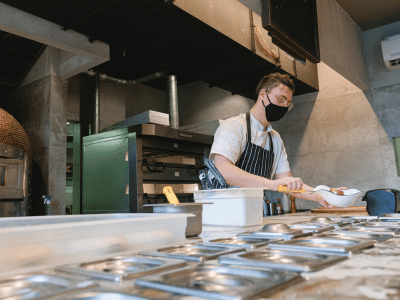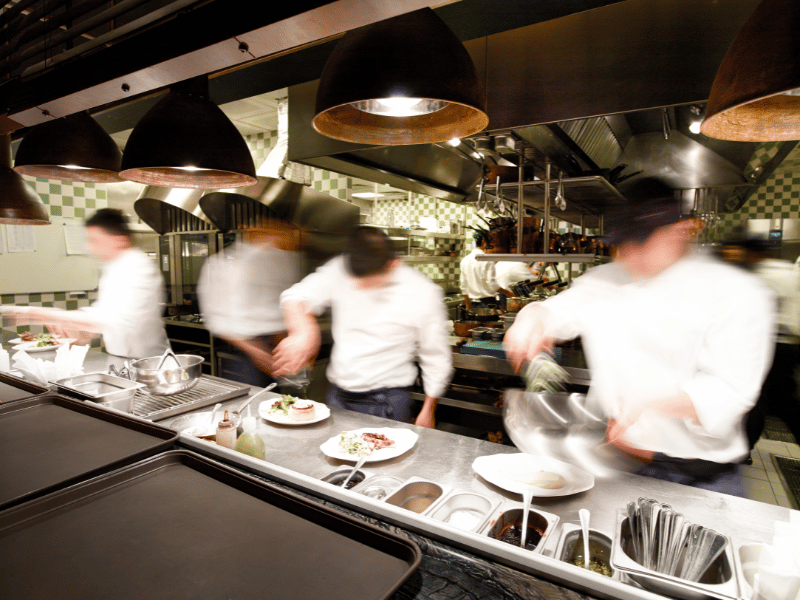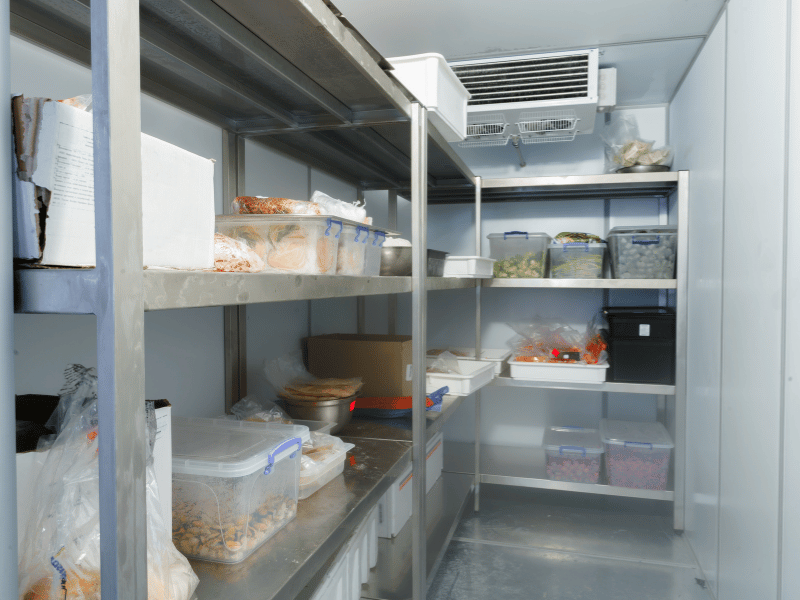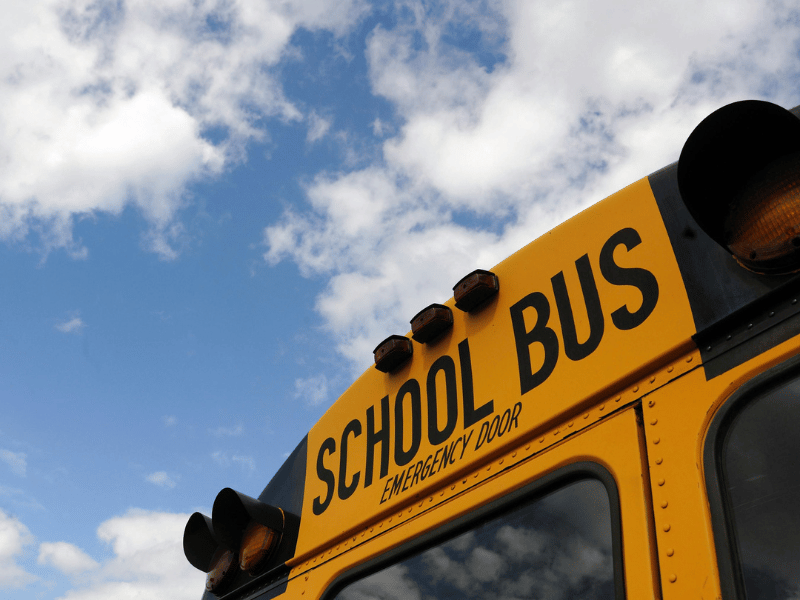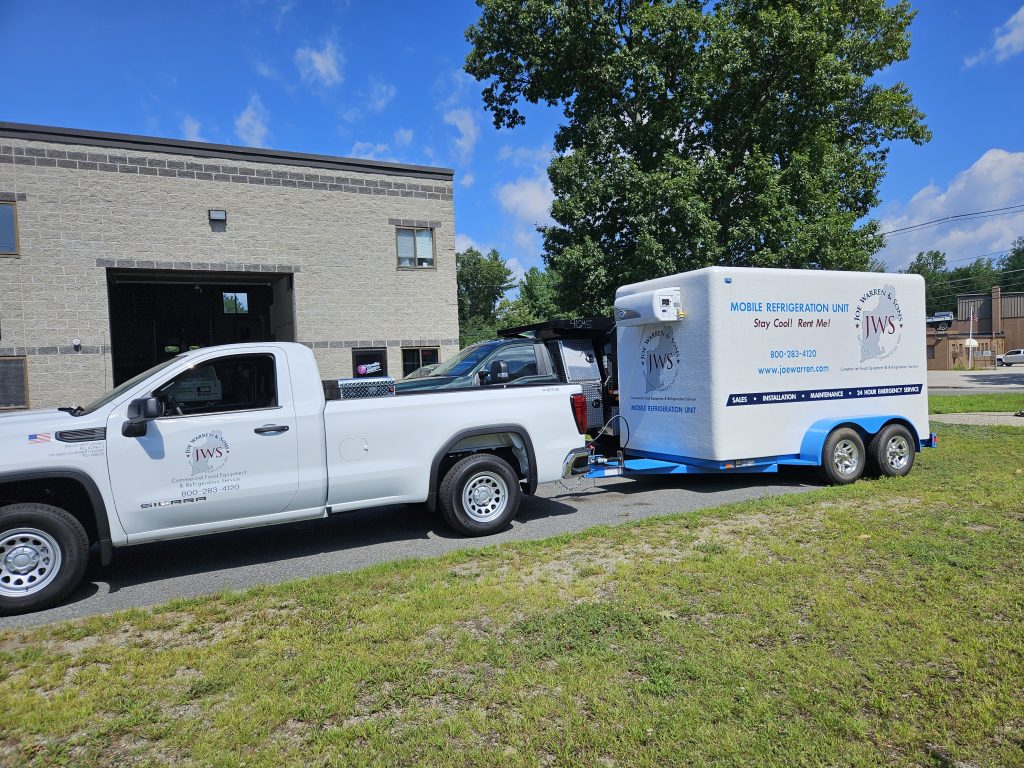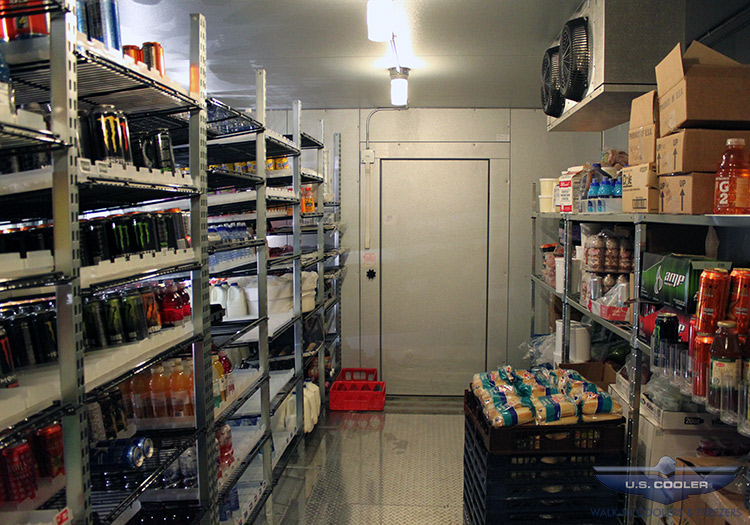For seasonal businesses and schools that close during the summer, shutting down kitchen equipment properly is an essential task that should not be overlooked. The rapid closures during the Covid-19 pandemic led to various issues, including unsanitary water lines in ice machines and other equipment. To prevent health hazards and costly repairs, it is crucial to follow best practices when shutting down your kitchen for an extended period. This article provides valuable tips on closing your kitchen safely and effectively.
- Clean and Sanitize Equipment
Before closing your kitchen, thoroughly clean and sanitize all the equipment, including ovens, fryers, grills, and refrigerators. This prevents mold, mildew, and bacteria growth during the shutdown period. Additionally, ensure that all cooking surfaces are free of grease and food particles to avoid attracting pests.
- Properly Shut Down Ice Machines
Improper shutdown of ice machines can lead to unsanitary still water, causing health risks and potential equipment damage. To avoid these issues, follow these steps:
- Turn off the ice machine and disconnect it from the power supply.
- Shut off the water supply line to the ice machine.
- Drain any remaining water from the machine and the water lines.
- Clean and sanitize the interior of the ice machine, following the manufacturer’s guidelines.
- Leave the ice machine’s doors and panels open to allow air circulation and prevent mold growth.
- Disconnect and Clean Refrigeration Units
To avoid problems with refrigeration units during a shutdown, follow these steps:
- Remove all food items and clean the interior surfaces of the refrigerator or freezer.
- Disconnect the unit from the power supply.
- Defrost the unit, if applicable, and clean any ice or frost buildup.
- Leave the refrigerator or freezer doors open to promote air circulation and prevent mold and mildew growth.
- Secure Gas and Electrical Connections
Gas leaks and electrical problems can cause serious hazards during a shutdown. To ensure safety, take the following precautions:
- Turn off the gas supply to all gas-powered kitchen equipment.
- Disconnect electrical appliances from the power supply, and unplug them if possible.
- Inspect gas and electrical connections for damage or wear. If you notice any issues, have them repaired before the shutdown.
- Store Perishable Food Items Safely
Dispose of any perishable food items that will not last during the shutdown period. For items with a longer shelf life, store them in airtight containers in a cool, dry location.
- Pest Control
To prevent pest infestations during the shutdown, take the following steps:
- Seal all openings, cracks, and gaps in walls, doors, and windows to prevent pest entry.
- Remove any food waste and clean the kitchen floors, countertops, and storage areas.
- If necessary, consult with a professional pest control service to ensure your kitchen remains pest-free during the shutdown.
Properly shutting down kitchen equipment in seasonal businesses and schools is essential for maintaining a sanitary environment and preventing costly repairs. By following the tips provided in this article, you can ensure a safe and efficient reopening of your kitchen when the season resumes. Prioritize the health and safety of your staff and customers by taking the necessary precautions during the shutdown period.
If you need help closing your operation for the summer, call our team of professionals for expert service.

